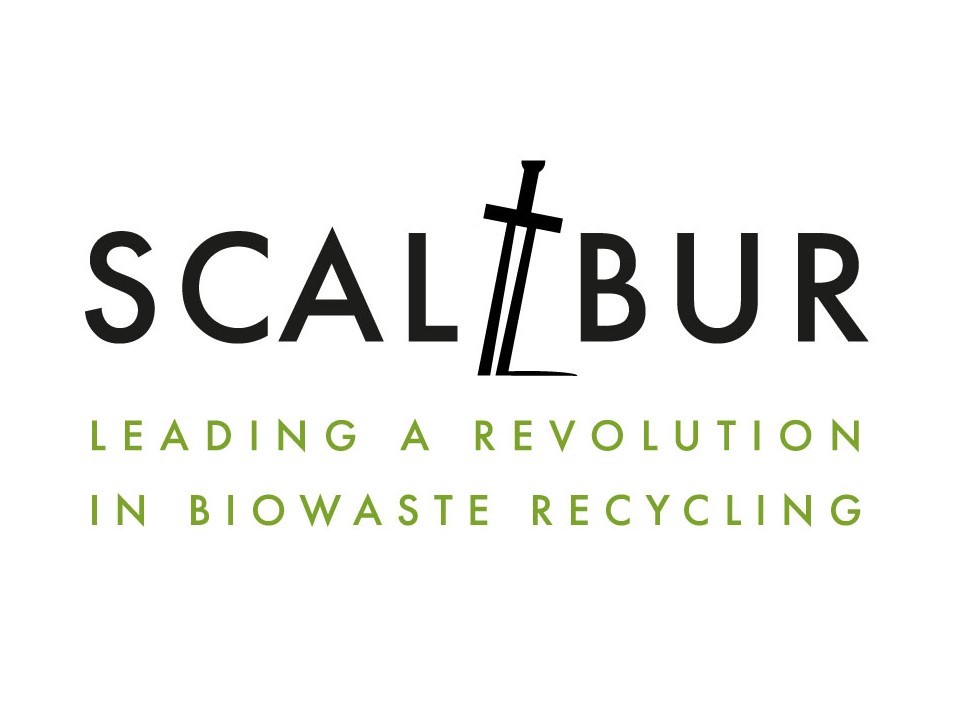European consortium will promote the recycling of urban biowaste for a circular economy
Leading waste management companies, technology developers and research organisations have teamed up with four European cities to demonstrate innovative solutions to transform urban biowaste into high value-added products, helping cities to increase their recycling rate and creating new circular economy business opportunities. These activities will be carried out during a four-year project – SCALIBUR (Scalable Technologies for Bio-Urban Waste Recovery) – coordinated by the Packaging, Transport and Logistics Research Center - ITENE and funded by the European Union’s Horizon 2020 programme. Representatives from the 21 institutions taking part in this initiative held a kick-off meeting on 14-15 November in Valencia (Spain). SCALIBUR will address two main challenges for biowaste recycling: Improving bio-waste collection Waste management practices vary widely in Europe, with only some cities separately collecting biowaste. SCALIBUR will work with the municipalities of Madrid (Spain), Albano Laziale (Italy) and Kozani (Greece) to increase the quality and quantity of biowaste that is collected. The Collaborating Centre on Sustainable Consumption and Production (CSCP) will engage stakeholders along the biowaste value chain, starting at the household level to improve citizen understanding about the importance of waste separation and to increase the acceptance of products made from biowaste. Spanish company FCC will advise cities on the infrastructure required for collection, transport, sorting and pre-treatment of biowaste, while the City of Lund (Sweden) – where less than 1% of biowaste is landfilled – will mentor the municipalities on technical and social aspects. High value-added products Biowaste is commonly used for energy or composting, but SCALIBUR will demonstrate a range of innovative technologies to produce high value-added products, such as bioplastics and biopesticides. Three demonstration lines are planned: • Commodity chemicals, bioplastics and biopesticides from household waste. • Proteins, lipids and chitin from HORECA and retail waste. • Bioplastics from urban sewage sludge. The sustainability of the developed products and processes will be evaluated by CENER, ITENE and Exergy. Europe wide replication SCALIBUR aims to inspire a revolution in urban biowaste recycling in Europe. Greenovate! Europe will lead activities to facilitate the replication of the project’s solutions, including an e-learning training programme for municipalities and entrepreneurs. Municipalities looking to improve biowaste recycling in their city are invited to join an Early Adopter Club, which will organise activities to share best practices from the SCALIBUR pilots. Recycling of biowaste into bio-based products creates many new business opportunities. Greenovate! Europe will mentor 10 entrepreneurs and businesses looking to enter this market. All information will be available via an online Stakeholder Platform, developed by IRIS.



